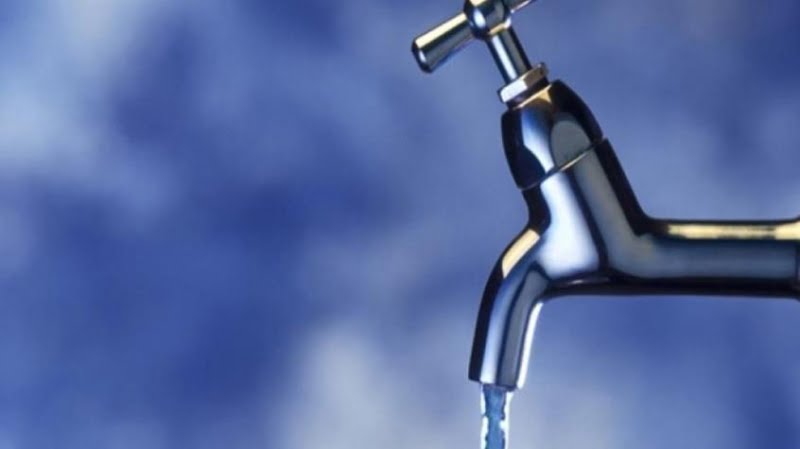
The President of the Parliamentary Committee on the Interior, Aristos Damianou, asked the competent organizations on Thursday to reconsider the timing of imposing increases in water consumption bills and sewerage fees, given the burden on households and businesses from the economic and energy crisis. The Commission was informed that in Cyprus, water is “among the cheapest in the European Union with the most expensive production method”.
The issue of increases in water consumption bills and sewerage fees announced by the Nicosia Water Supply Board was discussed by the Committee, following a proposal by Mr. Damianos.
In his initial statement, Mr. Damianou said that it is understandable why the increases are being promoted by both the Nicosia Water Supply Council and the Nicosia Sewerage Council for maintenance issues, but the timing issue is also understandable, as everyone is aware of the increased burden that households and businesses are experiencing due to the economic and energy crisis. He raised the question whether this decision could be reconsidered or whether Parliament should be devolved to the central State.
The representative of the Ministry of the Interior, to the question of Mr. Damianos, why the central state did not come to absorb part of the needs, said that it is a matter of legislation, as it provides that the water supply boards must be financially self-sufficient, their budgets are not submitted either in the Ministry, nor in the Parliament and the State has no right to subsidize.
The General Director of the Nicosia Water Supply Board, Konstantinos Parmaklis, said that from the fixed fee for Nicosia's water supply, there was never a provision for part of it to go towards the maintenance of the network, as a result of which the network remained unmaintained for decades. He added that a study presented by him in 2020 to the Council sounded the alarm that in some years there might even be a partial collapse and the Council unanimously agreed to enter this fixed as is done in other cities, but, as he said, until an administrative act is approved years pass and from 2020, the approval coincided with the rest of the increases which, however, have nothing to do with each other.
What they are doing now, he said, is to ensure the water supply of the residents of Nicosia province, in addition to the improvement projects they have to do. Mr. Parmaklis said that all these are multi-million dollar infrastructures that are not covered by the State. He said by comparison that in Nicosia the fixed rate which was €8 will increase to €11, as is the case in Limassol, while in Larnaca it is €10.50 and in Paralimni it is €20 per two months.
What they have done, he said, is to streamline the fixed charge so that there is uninterrupted supply of drinking water the next day as well. He also said that they are proceeding with the other councils within the Local Government in a competition for uniform regulatory acts, so that there is uniform pricing for all citizens.
The representative of the Nicosia Sewerage Council, said that the increase in fees at €0.80, is justified because it is determined by law that they must cover the maintenance costs of the system. He added that the cost of sewage is over €1 per cubic meter while they charge €0.55 and that in the last five years their reserves have been depleted.
A representative of the Cyprus Consumers Association, said that the increases “are out of place and time” noting that they receive daily complaints from consumers who are unable to pay bills for basic services. He specifically said that since January 1st, out of 319 complaints, 93 are about failure to pay water and sewerage fees and asked them to review this position and not go ahead with the increases.
Mr. Parmaklis said that in Cyprus water is “one of the cheapest in the European Union with the most expensive production method” and that they implement a social policy and do not leave any consumer without water supply, but do everything possible, through small installments, that all premises remain water-supplied.
He said that the water costs €1 per cubic meter for production from the desalination units and ends up with the consumer, the first 20 cubic meters, €1, while there is also €1, 90 cost from the desalination unit and the Water Development Department to transport the water through the drainage pipes to the properties.
Closing, Mr. Damianou said about the issue of the water infrastructure, that if it is issue that the legislation does not allow it, perhaps they should look at the issue of differentiating an almost 50-year-old legislation. Referring to the problems facing the society, Mr. Damianou said that they appeal to the two organizations to reconsider the time that has been chosen to implement this decision.




